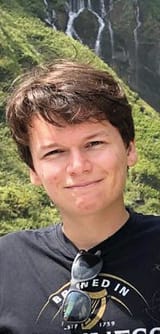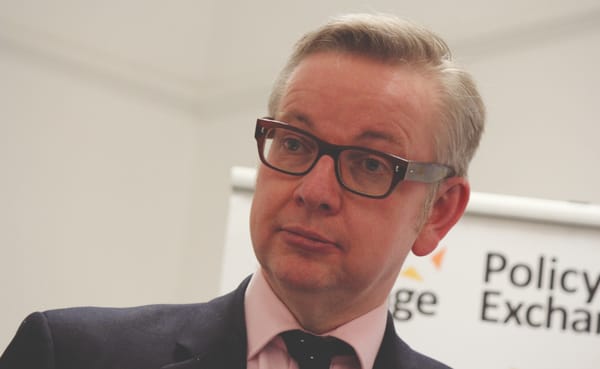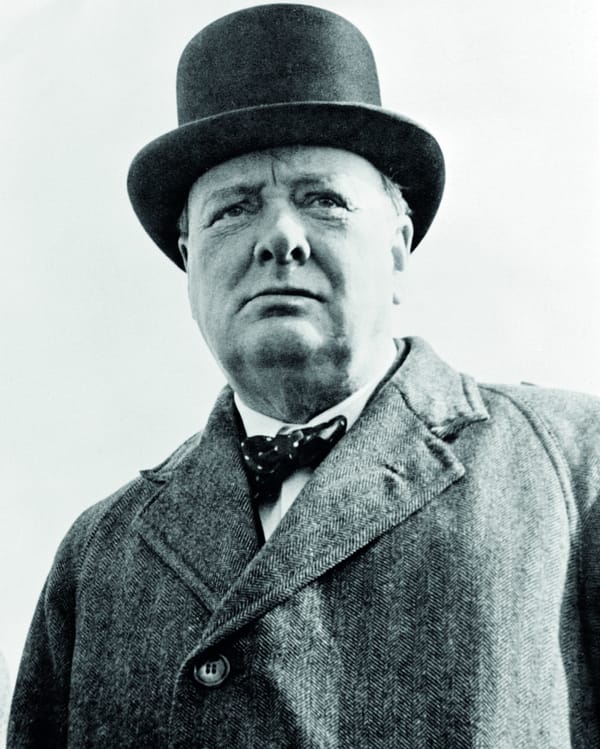No Olive Branch for Rojava – what happens after the Turkish intervention in Syria?
Politics writer Juan Rubio Gorrochategui argues that the conflict in Syria is going to become more complex and more violent following the Turkish intervention.

While Western audiences were being entertained by the latest Trump antics and the recent developments in the seemingly interminable process that is Brexit, the last three weeks saw the beginning of a new phase in the Syrian Civil War. Now ISIS has lost its territorial power base and has disappeared as a state entity, it seems Syria has taken the place of Rwanda and Sudan, places ravaged by misery and death but soon left in the dustbin of permanent instability and chaos. It is a sad fact that the relative lack of interest that the war generates in our media is missing the big picture, the events that could have far reaching implications in history. And this new phase, triggered by operation Olive Branch, is one of them.
On the 20th of January, the Turkish army and allied Syrian opposition militias invaded Efrin canton, one of the three autonomous regions that form the Democratic Federation of Northern Syria, colloquially known as Rojava. To understand why, we need to go back to a time before the civil war, when the Kurdish peoples were being slaughtered in the four countries where they form a significant minority of the population: Turkey, Iran, Iraq, and Syria. While the gassing of Kurdish civilians by Saddam Hussein and the measures taken against this ethnicity by the Turkish state (which I shall expand upon later) remain in collective memory as nefarious actions, the treatment the Kurds faced by the regime of Hafez al Assad (father of Bashar) in Syria is almost universally unknown, if equally despicable. Imitating the other Ba’athist dictatorships of the area, the Syrian state stripped the Kurds from their nationality, and forced them to undergo a process of Arabization that amounted to sheer cultural genocide.
When in 2011 the Arab Spring protests reached Syria, the oppressed Kurdish minority took advantage of the general unrest and seized control of the areas where it formed a majority of the population, as the Syrian army was recalled to Damascus to fight in more important fronts. The main Kurdish group throughout the war has been the People Protection Units (YPG), an organization which has an ideology that combines libertarian socialism, gender equality, respect for ethnic minorities, secularism and green politics. These ideas set them apart from every other participant in the war and indeed from any other Middle Eastern entity. It is therefore not surprising that Rojava soon came under attack by the radical Islamist forces of ISIS, which ended in total failure for the latter entity as the YPG, now organized into a wider coalition known as Syrian Democratic Forces (SDF), launched a successful counterattack that resulted in the liberation of the bulk of the areas terrorized by ISIS, including the capital of the so called caliphate, Raqqa, in 2017.
The relationship of Rojava with the other two main factions of the war, the islamist Free Syrian Army (FSA) and the Syrian Arab Army (SAA, military branch of the Assad regime) fluctuates from periods of convenient alliance to full-out war. In another sign of the convoluted mess that is the Syrian Civil War, the SDF have received both American (otherwise FSA supporting) and Russian (main Bashar ally) air support in its offensive against ISIS. In the meantime, Rojava has continued to implement its policies on the territories it controls, including direct democratization, cooperatives, the banning of honour killings and child marriages, mandatory women quotas and integration of the Arab, Kurdish, Assyrian and Armenian ethnicities in a multinational state.
The crucial position of Syria in the Middle East map, in the centre of a region desired by ambitious powers like Qatar, Iran and Israel, has made foreign involvement a common staple of the war. Readers with a good knowledge of geography have probably noticed already that northern Syria shares a long border with a rising power of its own kind, Turkey. The events that have unfolded in Rojava have set off all the alarms in Ankara, and have awoken the anger of the Turkish dictator, Recep Tayyip Erdoğan.
It is interesting to compare the political evolution of Rojava and Turkey during the last few years. While Rojava has moved towards a society based on progressive values, Erdoğan has used the once legitimate power he obtained from the ballot box to create a Frankenstein monster of a country, a state that combines the worst aspects of Kemalism and Islamism to persecute political opponents and curtail freedoms. Using the excuse of the 2016 coup attempt, Erdoğan has cracked down on civil liberties, jailing teachers, civil servants and journalists alike, while women’s rights are increasingly threatened as the country is forced to become less and less secular. The repression against the Kurdish minority in Turkey (estimated to be around 20% of the population) has grown as the government pursues policies that silence the Kurdish activists that are brave enough to raise their voices against it.
These factors, combined with a foreign policy that has been described as neo-Ottomanist (seeking to regain the influence lost by Turkey after the disbandment of the Ottoman Empire a few years after the end of the First World War), explain why the Turkish army is entering the fields of Rojava with fire and fury. Turkey cannot risk the spread of the Rojava project to its Kurdish inhabited areas, and fears a reactivation of the Kurdistan Workers Party (PKK), a guerrilla group that has been waging war against the Turkish state for decades and that shares similar ideologies to Rojava. Indeed, while the YPG was born independently in Syria, portraits of Abdullah ‘Apo’ Öcalan are common in northern Syria. However, the one key difference between both groups is that while the PKK fights for a united Kurdistan, Rojava aspires to become one of the federal states that would be set up in a future, Assad free democratic Syria.
None of this matters to Erdoğan. In recent declarations, he has vowed to expel the Kurdish terrorists from the cantons, accusing them of collaborating with ISIS. The main aim of Turkey is the establishment of a puppet state over the border, controlled by military personnel and ruled along the lines of Erdoğanist Turkey. Something similar happened in Cyprus during the 70s, and 40 years later Turkish troops still occupy the Northern third of the island. In their advance through Rojava territory, the Turkish allied militias have already carried out war crimes, including the mutilation and beheading of a young Kurdish female fighter. It is outrageous that a country that is both a NATO member and candidate state for membership in the EU is allowed to commit these atrocities. Western governments have already turned a blind eye to the human rights abuses taking place in Turkey itself. Don’t allow them to spread the terror elsewhere. Write to your MP, demonstrate, join organisations like Amnesty International that are denouncing this madness. Because in these dark times, Rojava needs your help.









